| International GLOBAL CITIZEN’S AWARD | |||||||||||||
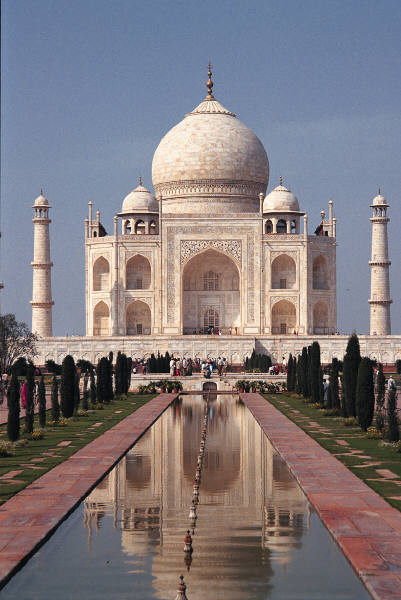    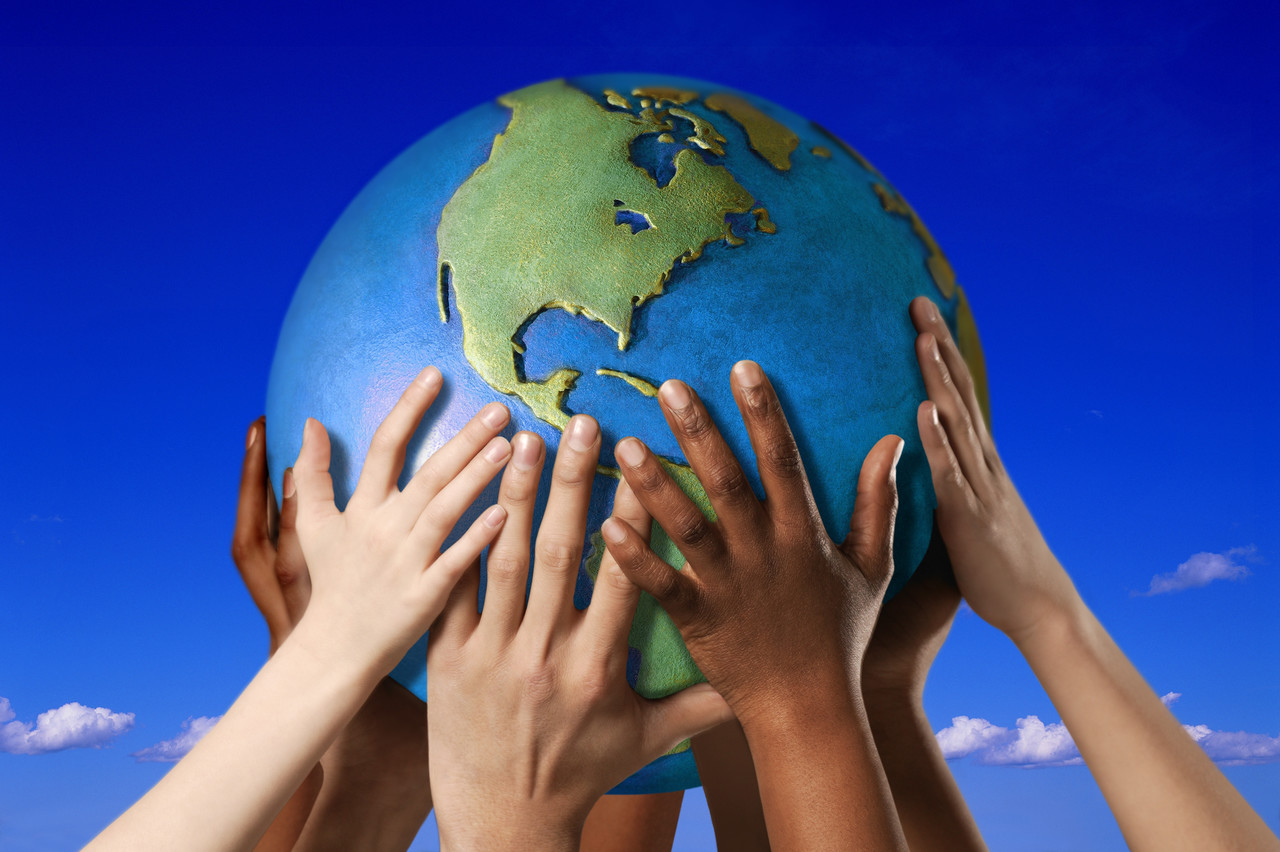   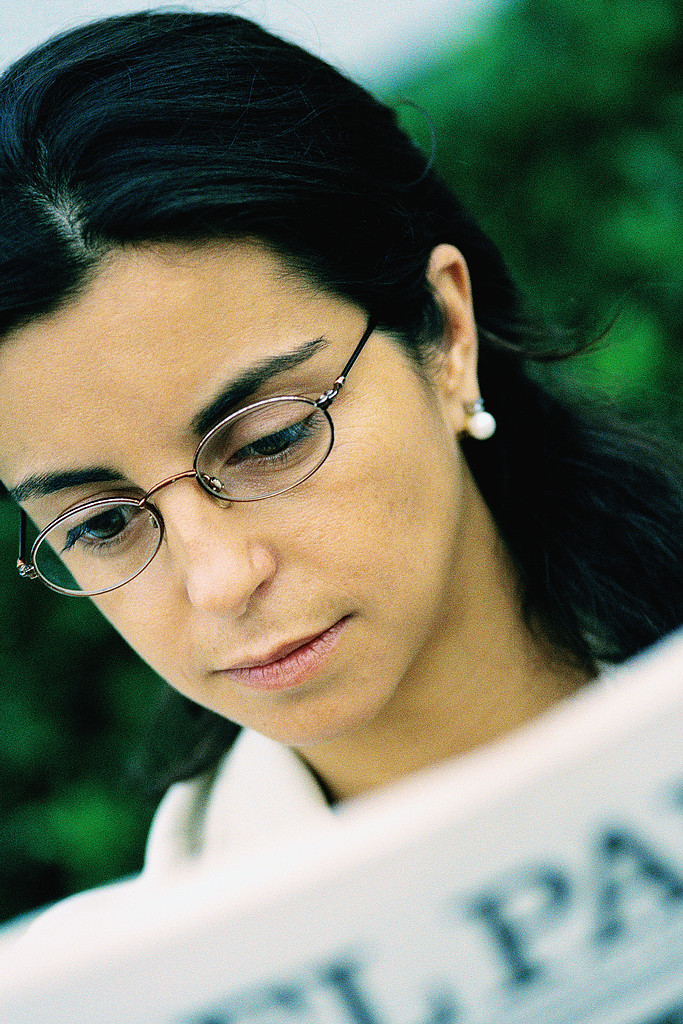  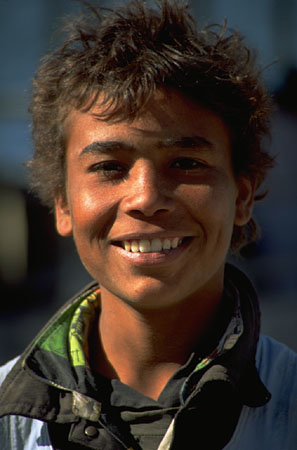   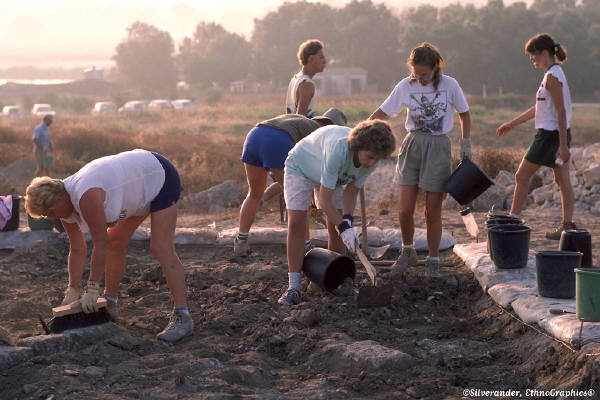 |
|||||||||||||
|
The
International Global Citizen’s Award Knowing and understanding about other cultures and outlooks is an essential part of global citizenship. While we are developing a better understanding of how other people live and think, we also develop a better understanding of our own culture and how we see the world. And a better understanding of our own culture helps us to understand other cultures better too. In the award programme, the emphasis is less on how much factual knowledge is acquired, and more on reflection about that knowledge. How do we see the world differently because of the knowledge we have acquired? We can find out more about other cultures and outlooks by
These do not involve direct interaction with other people. We can do them at home on our own. As part of the award programme, other actions which do involve direct contact with other people are required. It will probably be necessary to make some special arrangements to talk to people specifically to develop better understanding of their outlook and background. Examples:
Although very simple, the research indicated that this method did produce some changes in outlook in the interviewers. Other potential ways to develop understanding and awareness include:
This section will have most impact if there is some preparation before activities. Simple things like making a list of questions to consider while watching a film or reading a book will be beneficial. Our understanding of other cultures and outlooks is probably best developed by a combination of personal experience, and reading, researching, watching films and programmes. But the direct, personal experience is essential. In reflecting on our developing understanding of other cultures and outlooks, it is helpful to ask questions such as
IGCA Guide: Understanding other cultures and outlooks, Sept 2022 |
||||||||||||
|
|||||||||||||
The
International Global Citizen’s Award E: info@globalcitizensaward.org |
|||||||||||||

